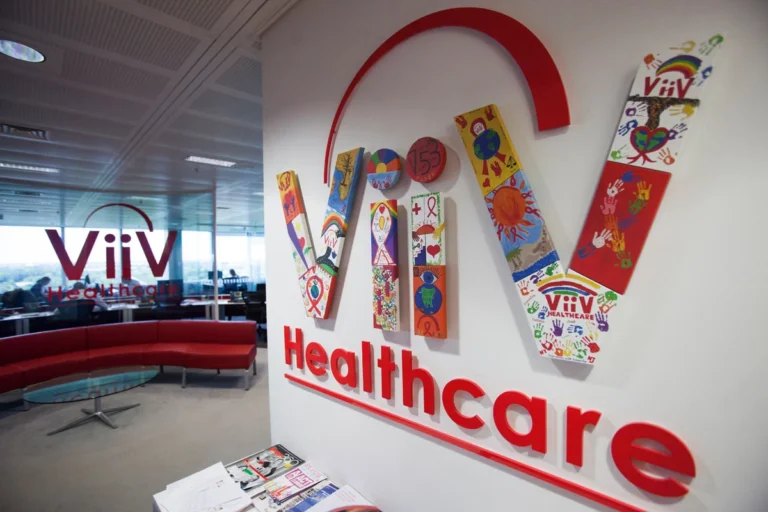
CVS Health has made history as the first healthcare company to earn accreditation for Health Equity from URAC, a distinction granted for the impactful work carried out through CVS Caremark and CVS Specialty. URAC, an organization that sets high standards for healthcare quality, evaluates clinical practices, consumer protections, performance measurement, operations infrastructure, and risk management. This prestigious accreditation acknowledges CVS Health’s comprehensive strategy designed to tackle health inequities affecting the diverse patient populations it serves. It affirms the company’s commitment to improving quality, safety, processes, and outcomes in the fight to reduce health disparities, particularly those influenced by social determinants of health (SDOH) in underserved communities.
“Advancing health equity across our businesses is more than a moral responsibility; it’s a core business priority,” said Dr. Joneigh Khaldun, Vice President and Chief Health Equity Officer at CVS Health. “We’ve built a comprehensive strategy that uses data to improve our products, programs, and services, especially for those who face the greatest barriers to achieving optimal health.”
The CVS Caremark and CVS Specialty teams have clearly demonstrated their ongoing commitment to health equity by seeking and earning URAC accreditation. One of the key tools in this effort is Caremark’s proprietary Pharmacoequity Tool, designed to help clients identify members at higher risk of poor health outcomes. This tool uses pharmacy claims data along with publicly available information to pinpoint chronic conditions such as breast cancer, cardiovascular disease, diabetes, and Parkinson’s disease, where health disparities are most prevalent. By identifying areas of inequity, the tool enables tailored care management interventions that are aimed at improving patient outcomes. The tool has also proven effective in enhancing Health Effectiveness Data and Information Set (HEDIS) and STARS measures, improving medication adherence for specialty conditions, and identifying opportunities for medical cost savings.
“We understand that for some, there are barriers to living longer and healthier lives, which is why we’re leveraging this tool to enhance the clinical value of the PBM model. By connecting members to the medications and quality care management programs they need at the right time, we can make a meaningful difference,” said Dr. Michelle Gourdine, Chief Medical Officer at CVS Caremark. “We’re focusing on areas such as medication adherence, treatment optimization, and prescriber utilization management across conditions like diabetes and hypertension to drive the greatest impact.”
Social determinants of health (SDOH) play a significant role in shaping a person’s health outcomes, with research showing that as much as 80% of an individual’s health is influenced by non-medical factors like access to food, housing, education, and transportation. In response, CVS Specialty has developed an SDOH platform that helps identify at-risk patients and connects them with essential community-based services. Through this platform, patients can be referred for screening and receive support in areas such as transportation, meal delivery, childcare, financial guidance, and mental health services. CVS Health also monitors the effectiveness of these interventions, measuring their impact on improving patient outcomes.
CVS Health’s broader health equity strategy includes internal initiatives focused on promoting diversity and inclusion within the company. Through educating colleagues on healthcare inequities and providing cultural competency training, CVS Health ensures that its workforce is empowered to deliver better care to all patients. The company also established a quality management committee that oversees quality initiatives and collaborates with stakeholders to identify health disparities and implement interventions designed to reduce these inequities.
“These initiatives are all part of our larger Health Equity in Action strategy,” Dr. Khaldun explained. “By using data, we gain insight into the challenges our patients and members face, which allows us to continuously improve our programs. This data also helps us collaborate with employees and partners to support underserved communities.”
The URAC Health Equity Accreditation program, launched in 2022 in partnership with the National Minority Quality Forum (NMQF), was developed through collaboration with over 25 healthcare organizations. This partnership created a data-driven framework for organizations to assess and improve their structures, programs, and access to services with a focus on advancing health equity.
With this groundbreaking achievement, CVS Health solidifies its leadership in the healthcare industry, demonstrating that a commitment to health equity is central to its mission to improve health outcomes for all communities. Through its strategic initiatives, tools like Pharmacoequity, and a continued focus on addressing the root causes of health disparities, CVS Health is creating a more equitable healthcare system that prioritizes the needs of underserved populations.




